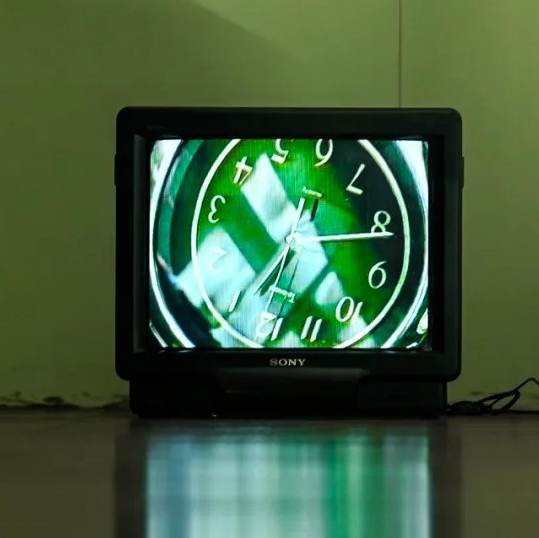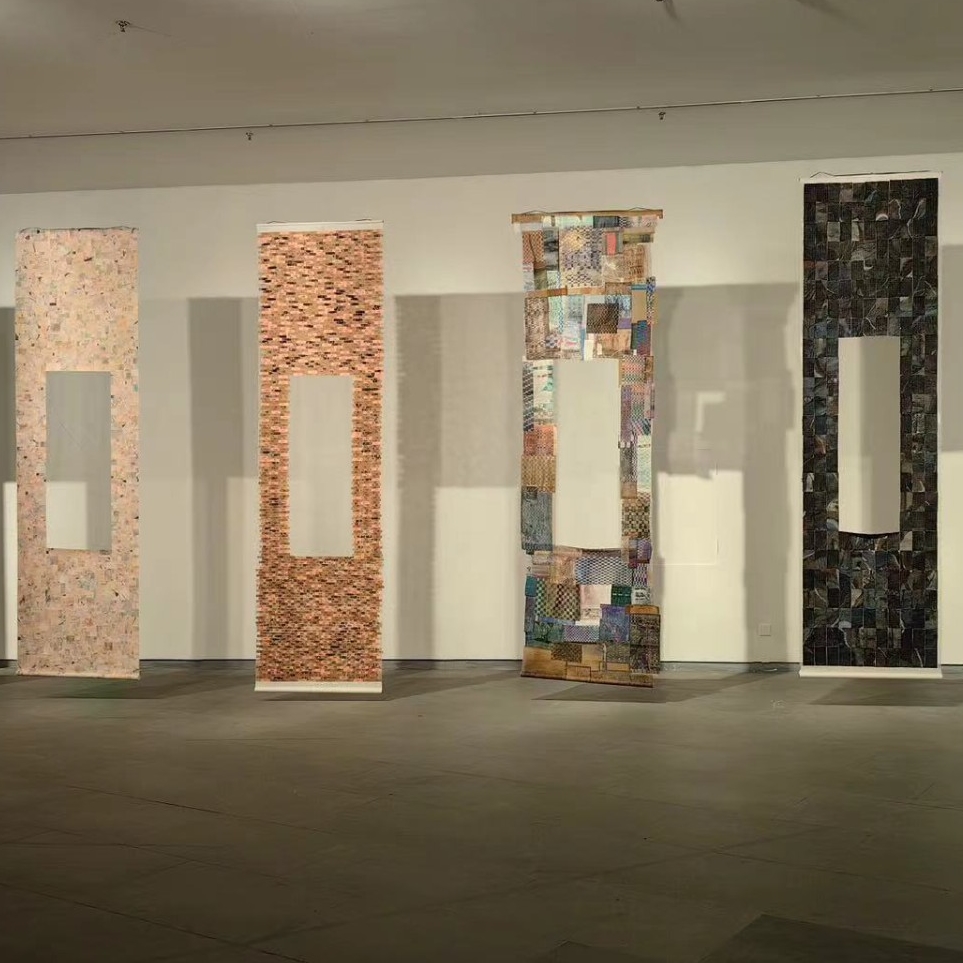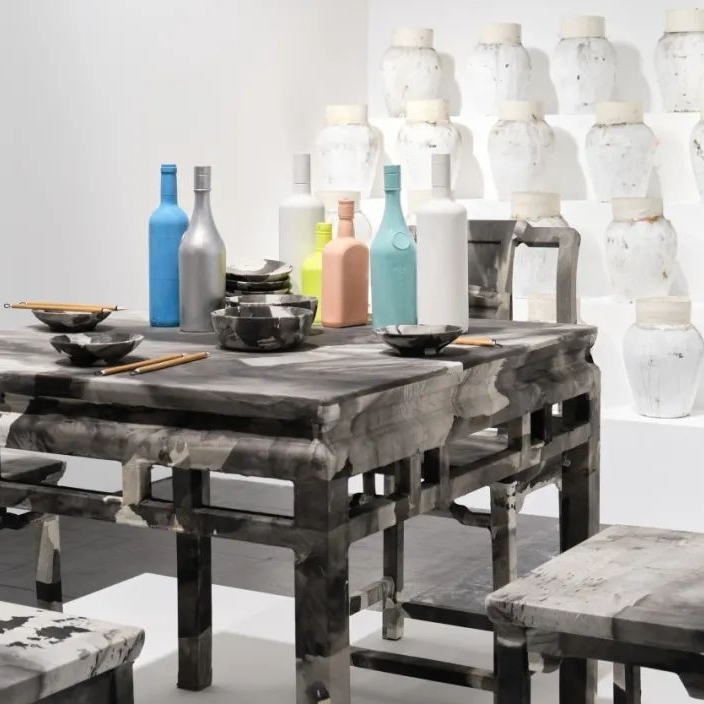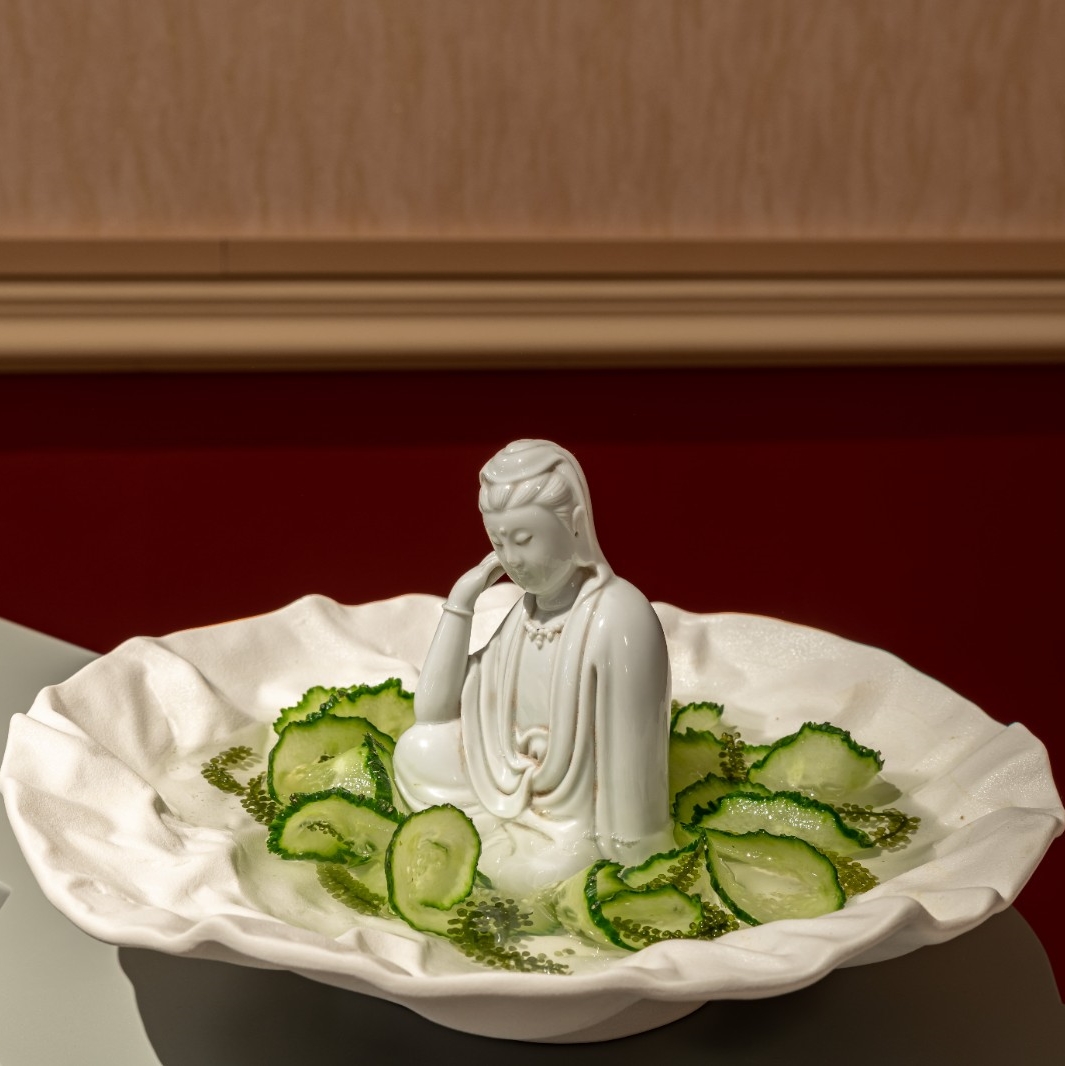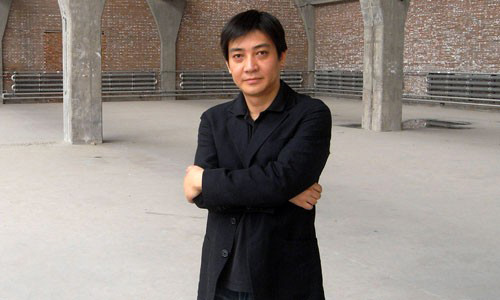
Leng Lin boasts of being an art pioneer in China.
Source: Global Times Date: August 30, 2011
46-year-old Leng Lin occupies a dynamic position in China’s art world: the art director of Pace, Beijing gallery and founder of Beijing Commune, he is versatile enough to deal with coordinating several exhibitions and publications simultaneously.
Duty of Galleries
Pace now serves as the first, strategically placed foreign branch of PaceWildensein, dubbed an "empire gallery" due to the prosperity of its Boston branch. In 2008, Pace came to China’s capital.
Having acquired an MFA degree in art history at the Central Academy of Fine Arts in 1993, Leng worked at the Graduate School of Chinese National Academy of Arts and Chinese Academy of Social Science.
From 1994, he made multidisciplinary attempts tat being an art critic, curator and seller, arranging two auctions in 1996 and 1997; now he boasts of being a pioneer of China’s contemporary art market. But is there any truth to it?
For Leng, progress has currently outstripped best practice in China’s art market. The rapid growth of 798 Art District hasn’t guaranteed the quality of its exhibitions.
"The priority of a gallery is to protect and promote its artists," Leng noted. "An ideal gallery takes care of publicity, public relations and publications, so that the artists can focus on creating artworks without being disturbed."
A gallery is "another shelter, a home-like institution." Leng’s rule of thumb is sustainability and professionalism. "A gallery is like a babysitter.
"The surroundings and atmosphere in China will influence the maturity of galleries. In other words, we might get rid of this problematic milieu five or 10 years from now."
Auction and Theory
In 1995, Leng was the manager of Zhong Mao Shen Jia International Auction Company. Asked about his sudden transition from academia to business, Leng explained how it was, at the time, merely in pursuit of brand new possibilites.
"The items of mid-1990s auction were mainly traditional Chinese paintings, while the art market was a barely precedented business in China," he recalled. "I wanted to develop other realms so as to stimulate the birth of more brilliant artworks."
His clairvoyance was later verified: "Through auctions financial problems can be easily solved; with big money coming in. Yet, having more auctions in China has also brought up the audiences’ shallow comprehension of artworks."
The aim of holding incessant auctions is obvious: money. "The situation easily degrades to the superficial." Consequently, a more pragmatic world could be expected to reverse the status quo.
Renowned as being the agent for artist Zhang Xiaogang, Leng emphasized Zhang’s importance, citing his Forever Lasting Love (1988) which sold for about 79 million Hong Kong dollars this April. "These two conditions are necessary. When Zhang started becoming famous, there was only an immature art market."
Leng considers that the proliferation of new art magazines has put stress on the flourishing market, instead of doing its proper job: probing the significance of art. Moreover, most museums in China rarely concentrate on modern art.
"Common people have very few chances to appreciate real contemporary art," he said. "This phenomena inspire me to write a book on artistic theories.
Contemporary theory on the mainland lags behind Western academia. Leng, knowing the reality, is planning to publish a book about how to curate in the near future.
"My academic background is, surprisingly, different from my real-life experiences," Leng continued. "Having worked for 30-something years, I’ve realized the gap between theory and practice, especially when I have a lot of opportunities to interpret, to mediate upon the connotation of artworks."
About the Writer
Lin Kan Hsuan (Celine Kan-hsuan Lin) is a journalist and editor who now lives and works in Beijing. She has written in-depth reports about exhibitions and artists for Global Times( China) since 2010. Also she has proofread and translated articles for Landmark English Magazine, American Magazine Center in 2009.
For more information, please contact 28start@gmail.com
The views expressed in this column are the author’s own and do not represent those of CAFA ART INFO.



